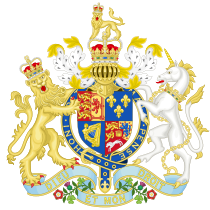
Wikimedia Commons
The purpose of the Keeping of dogs to hunt etc. statute of 1390 (13 Ric. 2, st. 1, c. 13), passed during the reign of King Richard II, was to police the activities of the lower orders of society, and in particular their right to hunt game. The preamble states:[1]
That divers artificers, labourers, servants, and grooms, keep greyhounds and other dogs, and on the holidays, when good Christian people be at church hearing devine service, they go hunting in parks, warrens, and connigries of lords and others, to the very great destruction of the same; and sometimes under such colour they make their assemblies, conferences, and conspiracies to rise, and disobey their allegiance.
So under the guise of state security the Statute ordained that:
no artificer, labourer, nor any other layman, not having lands or tenements of 40s per year should keep any greyhound, hound, or other dog, to hunt … nor use ferrets, keys, nets, hare-pipes, cords or other engine to take or destroy deer, hare, conies, or other game.[2][a]Forty shillings represents about 100 days wages for a skilled tradesman, equivalent to about £15,000 as at 2018, and was sufficient to purchase three cows, or one horse.[3][4]
The punishment for anyone found to be in breach of the Statute was one year in prison.[3]
